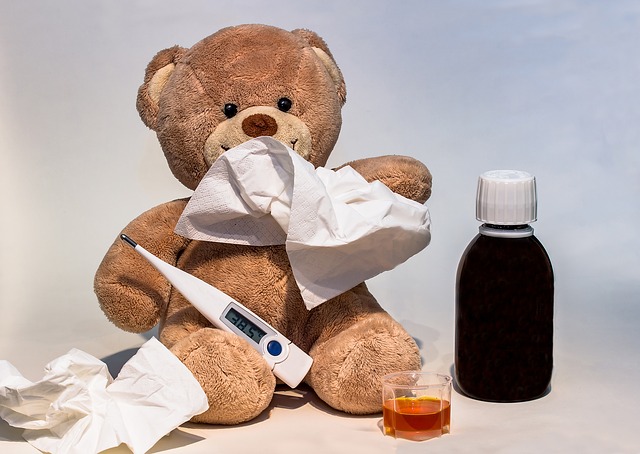
Before I started my business, I took a small business course at my local community college. At that time, I hadn’t found all the online business “gurus” and only knew about SBDC and local NJ entrepreneurship resources because of my community involvement. This was helpful because I got to understand business foundations and see the value in learning more than just “5 steps to growing your email list”. At that time, I also didn’t have any intention to start an online business *gasp*. I was going to start a family owned cafe and bakery. I had a great idea for one that I had done research on and saw that there was no-one else in the area with this particular concept. The resources I had located told me to try a business course 1st to see how viable the idea was including, working at a job that would feel similar to the business you want to start…long story short, my lack of resources and my impatience and frustration working in hospitality let me know that the only way I’d own a cafe would be if I was simply the money person.
But let me backtrack. While in the course, the instructor asked us to discuss things like health policies. We all chuckled when those who had already ran businesses, (some brick and mortar) answered “don’t get sick”. I didn’t realize then how much that was no laughing matter. But even more importantly, I didn’t realize what that type of answer would reveal about the culture of many businesses – from micro businesses like virtual assistance and online business management , to corporations including the incorporated nonprofit.
Our culture has an unspoken rule that illness is taboo.
Even articles that I read about wellness programs are essentially saying ‘hurry up and be well so you can be a productive, highly engaged workhorse…err we mean workforce for our money making machine’. Ok I’m over exaggerating, but I’m not that far off. Because after being around and listening to the narratives of people who are chronically ill, who have had doctors that were so inclined to be the expert that they stop listening to their plea for care when they’ve told doctors that despite a clean bill of healthy “something isn’t right here”. Or I’ve listened to those who have disabilities, some seen, others unseen, (like people with heart conditions) and I’ve heard how people treat them because they aren’t the right kind of sick. I’ve learned that mainstream doesn’t have a contingency plan for those who aren’t deemed contributors even when they really are…just not at the moment, or not in a way that fits contemporary expectations.
And truth be told, you have to have a radical self-love practice for your body to contend with the fact that illness is not tolerated for the long-haul and even attacked.
And yes, this…rejection of your…being messes with your mind. It’s a close encounter with trauma. It’s traumatic to be you and be hated for no other reason than being yourself. And trauma was one of the causes for mental health disorder that came up in the research for my book on mental health and entrepreneurship over and over again. So, advocates like myself combat the trauma of being ostracized while also at the same time proactively encouraging and extending resources for healing.
This is why StigmaFighters exists. This is why large advocacy groups exists. And also why smaller grassroots who address the needs of people often left out in the bid for healthcare reform exists. This is why RadicalWell exists. And even why Love Yourself Love Your Business exists. Why do we have to be advocates even when we’re not mental health professionals? To decrease stigma yes, but really it’s about creating a shift in culture.
Wellness policies that reach beyond bringing in a personal trainer or “an app for that” (though those are important too) but also include health risk assessments, peer advocacy and support for leaders that offer up compassionate resources that say you don’t need to deny your illness and disease/illness management could go a long way. I think this concept of wellness at work is applicable for small business and micro business owners who may or may not be a 1 person shop just as much as it is for the big companies.
“Don’t get sick” is not a health care plan.
It denies our basic humanity and encourages mental health conditions such as anxiety and depression. But really it encourages a culture that shames, stigmatizes and traumatizes our human experience. And quite frankly, we can do better than this.
Until Next Time…Peace, Love, and Wellness!
Oh! By the way, if you want to learn more about the blogger of this post feel free to check out my about page.
